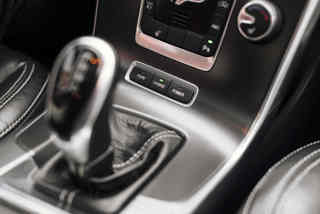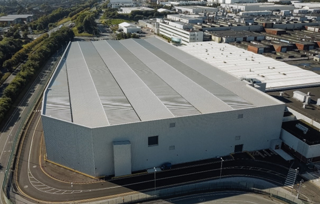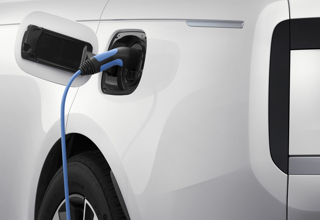Review
The build quality of cars today has resulted in greater reliability for fleets and their drivers, with warranties being extended to reflect the growing confidence of manufacturers. But, while mechanical problems have become much rarer, the risk of a flat tyre remains.
And it's not helped by a growing trend among carmakers to ditch the spare to cut the car’s weight and achieve a lower CO2 rating.
The Range Rover Evoque eD4 Pure 2.2-litre diesel doesn’t have a spare wheel. What it has is can of foam, which is used to fill the flat tyre and is designed to get the vehicle home or to a garage.
I was recently faced with a flat tyre. I was only yards from home and, facing a busy day ahead, simply wanted to get back on the road as quickly as possible.
Now, some fleets prefer their drivers not to attempt changing a spare wheel. But even if I had wanted to, with no spare wheel I was left with the option of a mobile tyre fitter or having my vehicle recovered to a garage.
It was first thing on a Friday morning and Kwik Fit told me that they didn’t have a tyre for the 19-inch wheel in stock so a spare could not be sourced until Monday.
Five hours later my vehicle was recovered to a local Land Rover dealer, which luckily had a spare in stock. The new tyre was fitted and I was finally back on the road nearly seven hours after first discovering the puncture.
My day was effectively wasted and, with Land Rover not offering a spare wheel as an option for the Evoque, fleets and their drivers need to weigh-up the pros and cons whatever vehicle they choose.
Specs
| Manufacturer | Land Rover |
| Model | evoque |
| Specification | |
| Model Year | 0.00 |
| Annual VED (Road tax) | £0 |
| BIK List Price | £28,520 |
| CO2 | 133g/km |
| BIK Percentage | 20% |
| Insurance Group | N/A |
| CC | N/A |
| Fuel Type | Diesel |
| Vehicle Type | |
| Luggage capacity (Seats up) | N/A |
Running Costs
| P11D | £28,520 |
| Cost per mile | 41.74ppm |
| Residual value | £13,252 |
| Insurance group | N/A |
| Fuel Type | Diesel |
| Cost per mile | 0.00ppm |
| Fuel | 0.00ppm |
| Depreciation | 0.00ppm |
| Service maintenance and repair | 0.00ppm |
Info at a glance
-
P11D Price
£28,520
-
MPG
56.5 -
CO2 Emissions
133g/km -
BIK %
20% -
Running cost
3 Year 60k : £13,252 4 Year 80k : £10,474 -
Fuel Type
Diesel






















Login to comment
Comments
No comments have been made yet.